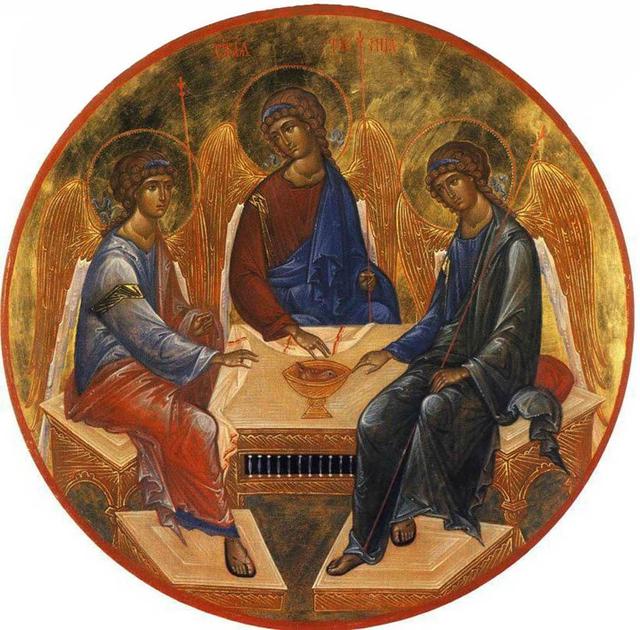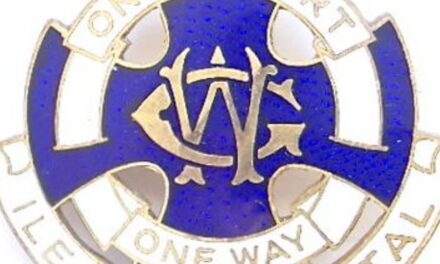Hymn singing was essential to the Methodist evangelical revival in the eighteenth century; hymns were both a means of expressing joy and teaching scriptural truth. The famous Methodist hymn writer Charles Wesley was the eighteenth of Samuel and Susannah Wesley’s nineteen children (only ten lived to maturity). He was born prematurely in December 1707 and appeared dead. He lay silent, wrapped in wool, for weeks.
In May 1738, Charles began reading Martin Luther’s volume on Galatians while ill. He wrote in his diary, “I laboured, waited, and prayed to feel ‘who loved me, and gave himself for me.'” He shortly found himself convinced and journaled, “I now found myself at peace with God, and rejoice in the hope of loving Christ.” Two days later, he began writing a hymn celebrating his conversion. In Methodism, conversion is a mark of true Christianity.
Charles Wesley provides a renewing example after his failed mission in Georgia. At Oxford, he ‘came face to face with the claims of Christ; he recognised his previous religious commitments lacked the simple faith in Christ which marked true Christianity. May 21, 1738, marks the date of Charles’ conversion, and on that date, he opened his Bible to Psalm 40:3, “He hath put a new song in my mouth; many will see and fear and will trust in the Lord.” Charles had indeed received a new song, and the next day he started his first hymn, probably “And Can It Be?” It is a powerful, wondrous rejoicing in the freedom to be found in Christ.’ This was the first of over 6,500 hymns Wesley wrote:
Long my imprisoned spirit lay.
Fast bound in sin and nature’s night;
Thine eye diffused the quickening ray –
I woke, the dungeon flamed with light;
My chains fell off; my heart was free,
I rose, went forth, and followed Thee…
John Wesley’s conversion soon followed his brother, Charles’, ‘and the two brothers became zealous preachers. They were determined that the unreached masses would hear the Gospel, so they preached everywhere–in the open fields, prisons, to coal miners at the pit heads. Nevertheless, of course, this kind of thing was not done in respectable church circles then in England. However, the message and the music of the Wesleys reached the desperate, downtrodden, and often gin-besotted underclass in England, and some historians speculate that the ministry of the Wesleys brought such far-reaching changes that it may have enabled England to avoid a bloody revolution such as occurred in France in that same century.’
In a post-truth age when the church has lost the language of conversion, the Wesleys call the church to repentance. Gavin Wakefield states, “Conversion suffers bad press, with connotations for many people of compulsion in religion, colonialism, intolerance and even brainwashing.” Beloved, do not allow the bad press on conversion to hinder you from experiencing and telling others about the saving work of Christ that is at the heart of the Gospel. In Jesus’ words: “He came to seek and to save the lost.” (Luke 19:10).
We break every yoke of bad press and the seductions of today’s culture over the conversion of souls in Jesus’ name.











Recent Comments